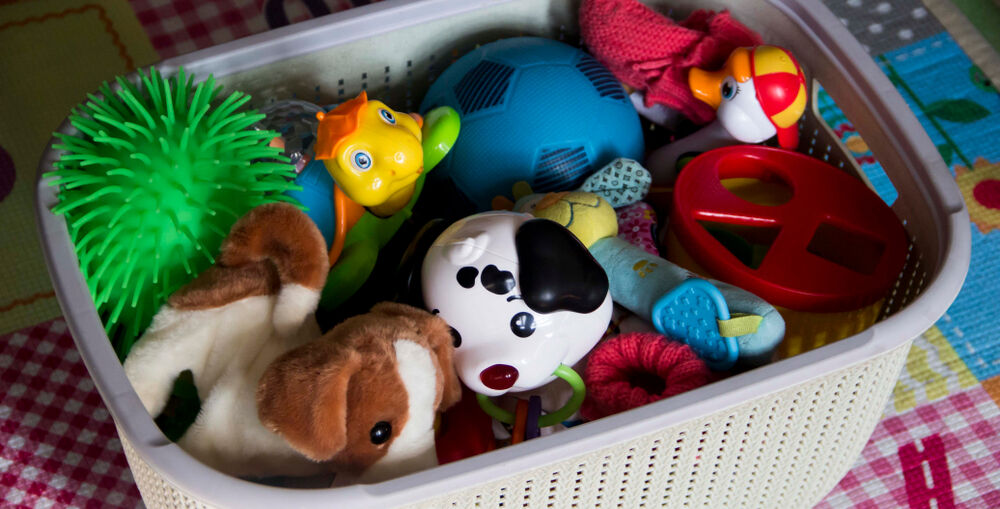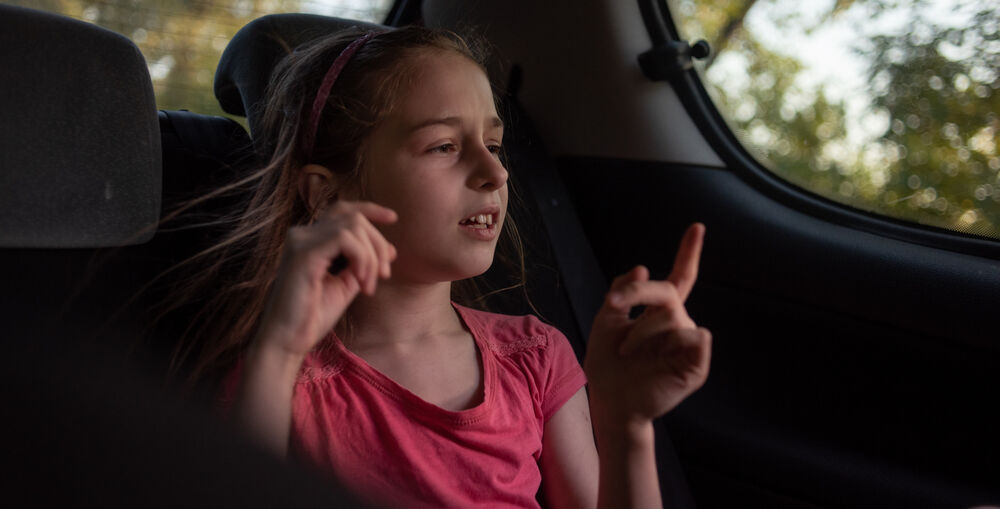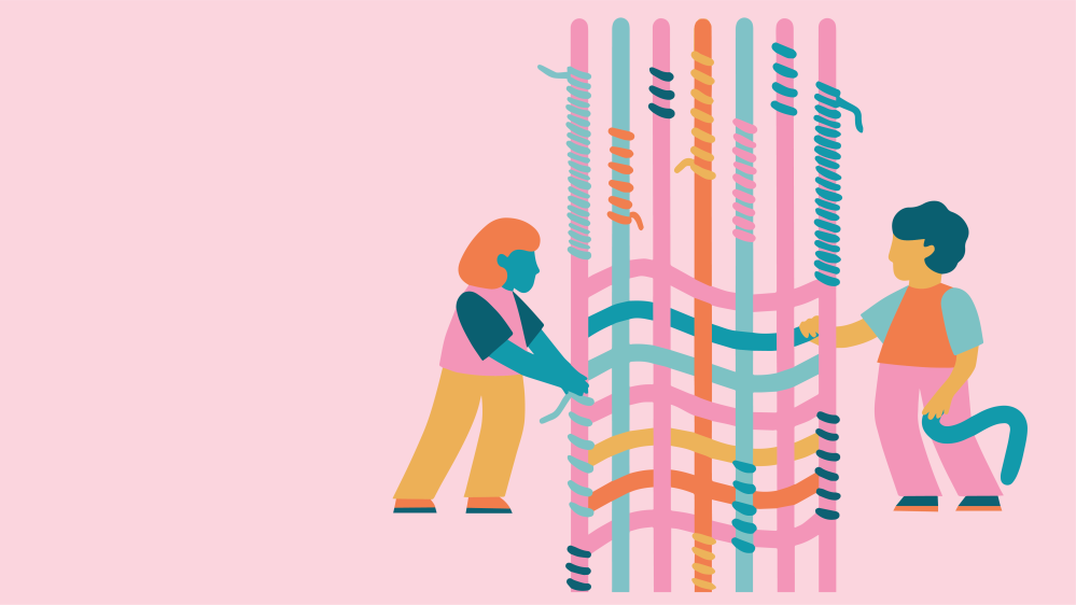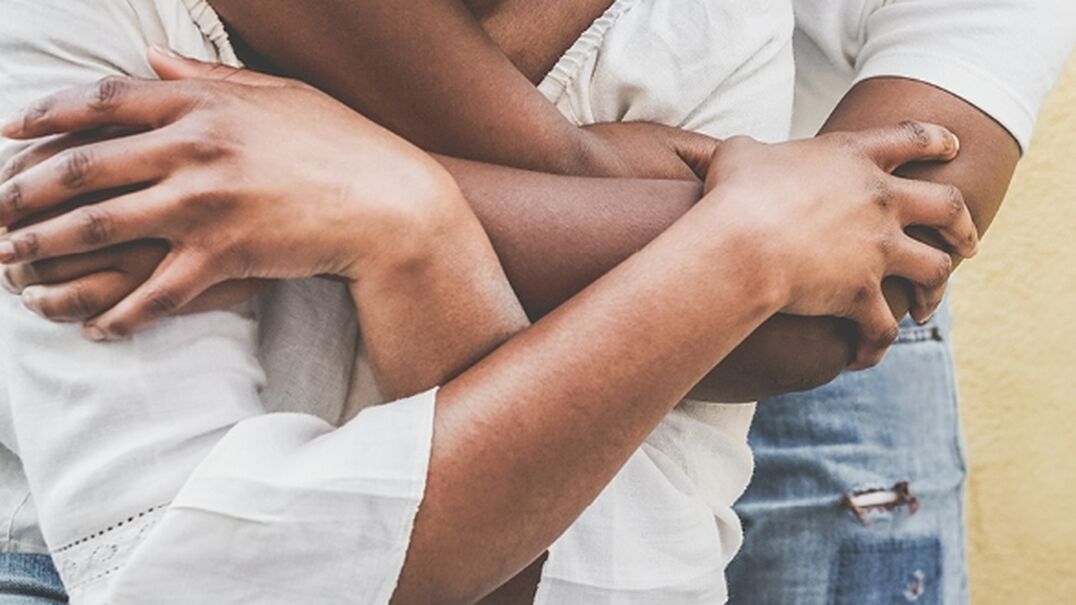**Trigger warning: this story mentions rape and sexual abuse of a child.**
Makayla* is a bright, playful 12-year-old who has a great sense of humour and loves playing basketball. However, things weren’t always so great for her. Makayla was conceived in a sexual assault when her mum was 15 years old.
She experienced significant neglect in her early childhood, and now she and her younger siblings all live in out-of-home care. She has had no contact with them or her mum since being removed.
When Makayla was referred to us at 9 years old, she was still wearing nappies a lot of the time.
It was her third episode of therapeutic support from us. She’d received support from a Take Two team when she was in a foster care placement, then in a therapeutic residential care home and now in a foster care placement in a different Take Two region.
Child Protection referred her to us to support her processing the trauma she had experienced so she could hopefully settle and live in her new foster placement long-term.
Things started off well in her new placement. She arrived as a skinny, under-developed child. The foster carers have 3 children of their own and have a strong food and family culture. Makayla ate and grew a lot! Her foster family welcomed her with gusto and told her she could stay for long as she wanted to.
Take Two clinician, Bodhi started therapy involving Makayla and her new foster parents. In sessions, she started to disclose significant harm and sexual abuse in a previous foster care placement.
Makayla’s soiling of her nappies increased during the police investigation. Her carers really struggled with it. While they had previously said she could stay for long as she liked, they started saying they’d take it day-by-day. Makayla has a strong radar for rejection and picked up on her foster carers’ aversion of her nappies. Things quickly escalated and the placement broke down. Bodhi paused her therapy while the out-of-home care agency frantically sought new foster carers for her.
It was looking like she’d have to go back to residential care again – the worst possible scenario for Makayla. They couldn’t find any other foster carers for her.
At the last minute, one home-based placement emerged. A couple already looking after two foster children agreed to take her also.
There’s a very different tone in her new home that seems to be a better ‘fit’ for Makayla. Her new carers are much more matter of fact, light-hearted and manage hard things with practicality and ease. It seems like they don’t breach her ‘intimacy barrier’ like her previous carers may have accidently. They do caring things, such as read to her at night and offer hugs, if that’s what she wants, but otherwise they respect her space.
Bodhi reflects that her new carers probably manage just the right closeness for Makayla. The previous carers were possibly more emotionally demonstrative than Makayla could manage.. Their affection likely overwhelmed and scared her, and possibly even exacerbated her symptoms.
The change and upheaval meant therapy stayed on hold. Child Protection, however, was keen to reconnect Makayla with her mum and her siblings in other out-of-home care placements.
Makayla hadn’t heard from her mum for 5 years but was keen to see her. A caseworker from the out-of-home care agency organised a phone call, but it didn’t go well. Makayla was crying and asking why her mum had left her, and her mum was obviously unprepared for the questions and uncomfortable. Bodhi knew how important it was for Makayla to see her mum and offered to work with them both to create a more gentle and successful face-to-face meeting between them.
She worked with Makayla’s mum on the phone, and separately with Makayla.
Bodhi helped Makayla create a series of questions for her to get to know her mum. Together they laminated the questions and created a strong structure for the session they’d have when she met her.
Makayla’s mum and Bodhi developed a narrative that was appropriate for Makayla. She was very thoughtful. It involved: ‘I was very young, and I tried really hard, but I really struggled to be the mum you needed me to be.’
Together they worked out what she was willing to talk about and how she would respond when Makayla asked things she didn’t want to answer, including about her father. Part of the narrative about that included ‘your father was never involved, so it wasn’t as though he left us, and it certainly had nothing to do with you.’
Bodhi concurrently worked with Makayla to help her understand that her mum might not be able to answer all her questions, and how would she be if her Mum didn’t want to tell her all the things she wanted to know.
All the preparation was important to make the first meeting successful and rewarding. Mum now lives on the other side of the state, so they met in the middle at another Take Two office in a therapy room with lots of toys and soft furnishings.

Makayla clung (physically and metaphorically) to her questions. They helped her regulate her overwhelm. Some of her questions were ‘What are your 3 favourite meals?’ ‘What are your 3 best qualities?’ ‘What are your favourite movies?’ ‘Who is your favourite footy team?’ She was also able to tell her mum, ‘this is about us getting to know each other again’.
‘It was a really sweet exchange they had,’ Bodhi says. ‘There was a point where I felt like I was invisible in the room and irrelevant to their conversation, which was lovely. They have a lot of similar interests and the more they shared the more you could see how alike they are.’
‘Mum was 32 weeks pregnant when they met. She said she knew it was a boy and asked Makayla what she thought she should call him. Makayla thought about it and then said Leon*. Mum immediately smiled and said it was a great suggestion.’
‘After meeting her, Makayla really wanted to see her again. She was full of questions: Why now? Where has she been? Why hasn’t she been in touch earlier? So, it’s been a good opportunity for her to explore lots of those thoughts and feelings after the session. And lots of positive thoughts also, about how it wasn’t her fault her mum left, and that she’s safe with her new carers and she feels like she’s going to be OK now.’
When Mum had her baby, she named him Leon as Makayla had suggested. Leon’s now living with mum. Mum has sent through family photos of Makayla’s siblings, grandparents and other family members.

Bodhi facilitated one more meeting between them. She took the case worker from the out-of-home care agency with her and together they drove to that same Take Two office with Makayla to meet her mum and Leon. Bodhi says it also went well, and her mum told Makayla she loves her. The case worker will now take over facilitating access between Makayla and her mum every school holidays. Makayla is likely to be able to have some unsupervised access visits and then some overnights with her soon.
‘It’s a lovely story about a young girl who hadn’t seen her mum for 5 years, didn’t know where she was, felt abandoned and unwanted, to now feeling like “it wasn’t my fault” and that she is loved. Mum has sent through about 30 photos of Makayla’s siblings, grandparents and other family members.’
‘I’m just finishing up my work with a life story book for Makayla to keep. It’s about the narrative she’s had, and how the narrative has changed now that she’s connected with her mum again. It’s got photos of her with her mum, and other photos of her family in it.’
While there’s no expectation Makayla will return to living with her mum full-time, she now has a relationship with her and they’ll get to see each other regularly, and she can connect with the rest of her family also.
*The names of the children and the families we work with have been changed, and models are used in our photographs to protect their identities.
Berry Street’s Take Two program is a therapeutic service helping to address the mental health impacts on children of the trauma they have experienced from abuse, neglect or adverse experiences. At Take Two we see who the child is, not just the behaviour.
We use clinical frameworks, neurobiological research and evidence-informed approaches to repair family relationships and develop networks of caring adults that focus on what the child needs.
Take Two can provide specialist clinical consultancy services, including training to other organisations. Contact us for more information.



